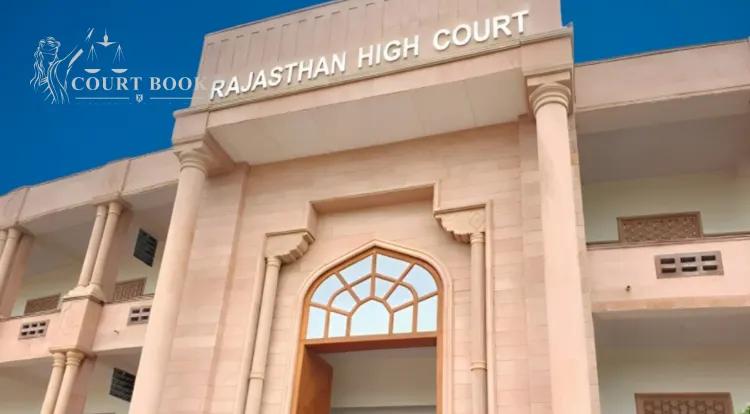The Rajasthan High Court has ruled in favor of a chemistry teacher who was penalized after his school’s Class 12 board exam results fell below the standards set by the Department of Education. The court held that there was no direct evidence linking the teacher’s actions or negligence to the drop in marks, making the penalty legally unsustainable.
Read also: Rajasthan High Court Gets Four New Judges as Centre Approves Appointments
Justice Anoop Kumar Dhand, while setting aside the censure penalty, observed:
"There was no allegation that the result of the concerned school dropped due to commission or omission on the part of the petitioner. The result remained below the norms fixed by the Department of Education, which could have happened for several reasons. Without establishing that the petitioner was responsible, he could not have been penalized under Rule 17 of the Rajasthan Civil Services (Classification, Control, and Appeal) Rules, 1958."
Read also: Rajasthan High Court: Compensation Under MV Act Payable to Siblings Along with Parents
Background of the Case
The petitioner, Rajesh Kumar Nischal, a chemistry teacher, was issued a charge sheet under Rule 17 of the Rajasthan Civil Services Rules, 1958. The reason? His students’ Class 12 board results were lower than the expected standard. The education department held him accountable, stating that his slackness and carelessness led to the poor performance.
The teacher, however, argued that multiple factors could have affected the results, and there was no evidence that his teaching was the cause. He appealed against the penalty, but his challenge was rejected by the authorities, leading him to approach the High Court.
Read also: Rajasthan High Court: Imminent Threat to Public Peace Essential for Action Under Section 145 CrPC
- Teacher’s Argument: His lawyer contended that the charge was vague and lacked specific evidence linking his teaching to the students’ performance. Relying on previous court rulings, the defense emphasized that in the absence of proven misconduct, penalizing the teacher was unjust.
- State’s Argument: The government’s legal representatives argued that the teacher’s lack of effort contributed to the school’s poor performance. They claimed that the penalty was appropriate as per the education department’s standards.
After examining the records and arguments, the court sided with the teacher. It pointed out that the authorities had failed to establish that his negligence or inefficiency was responsible for the low marks. The ruling referenced a similar case, Dharamveer v. State of Rajasthan, where the court had previously held:
"To constitute misconduct in service, there must be a clear commission or omission of an act on the part of the employee. The charge should be specific and free from ambiguity. Allegations of misconduct must be based on concrete acts, deeds, or omissions. Vague charges cannot be sustained."
Finding no direct evidence against the teacher, the court ruled that the penalty was unfair. The judgment stated:
"Without a clear finding that the petitioner’s actions led to the drop in results, the censure penalty cannot be sustained. The impugned orders dated 18.09.2013 and 07.01.2015 are hereby quashed."
With this, the court set aside the penalty, ensuring that the teacher would not face any official repercussions over the school’s board exam results.
Case Title: Rajesh Kumar v State of Rajasthan & Ors.













